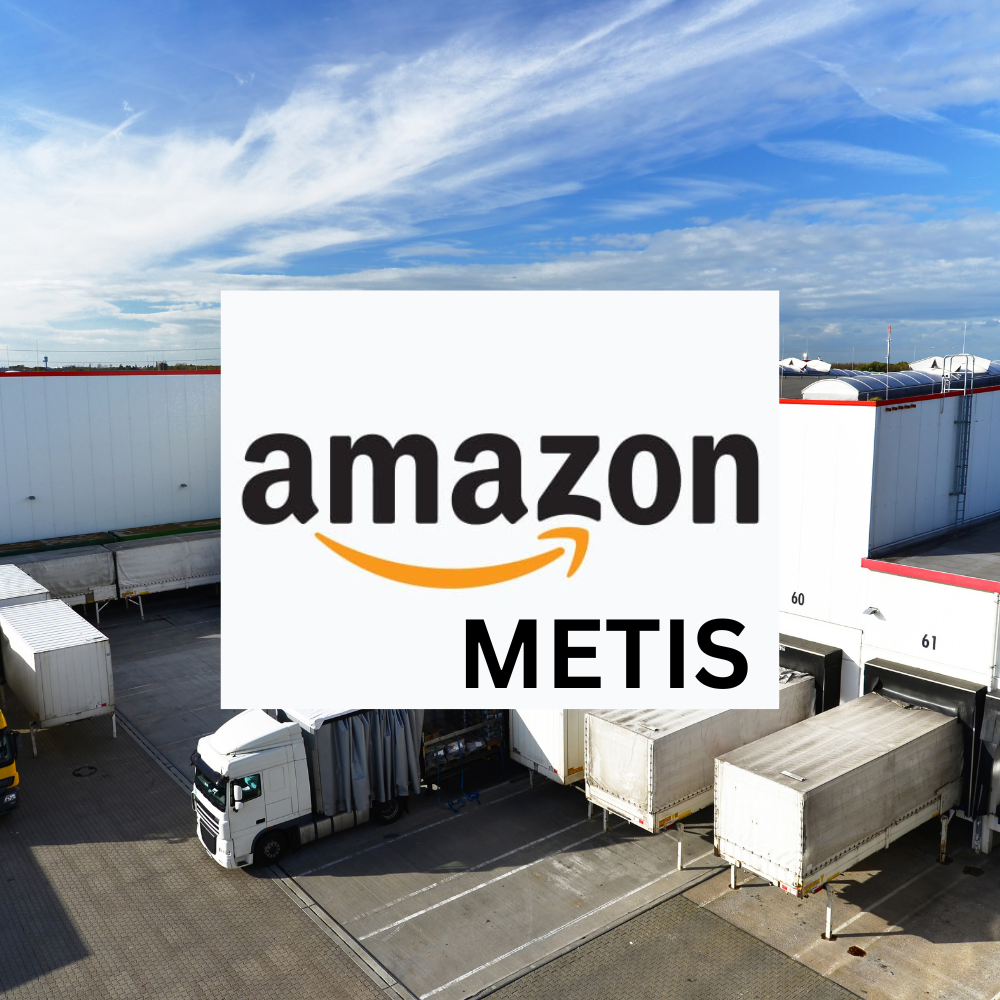Amazon’s Ai Ambitions || Amazon Rivals Open AI ?
– Project Name: Metis
Answers queries conversationally, Generates text- and image-based responses, Provides source links, Suggests follow-up questions, & Creates images…
But is not close to being ready
Metis is powered by Amazon’s internal AI model, Olympus, believed to be more powerful than Amazon’s publicly available AI model, Titan.
Utilizing retrieval-augmented generation (RAG), Metis aims to provide more up-to-date answers by referencing Amazon knowledge. Although still in development, Metis represents Amazon’s strategy to rival AI assistants from companies like Microsoft and Google.
The Competitive Landscape: What will Amazons Metis Do ?
The growing scrutiny over data privacy concerns, potential misuse, and ethical implications poses significant hurdles that need ongoing attention. Additionally, competitors like Google’s Bard or Microsoft’s integration of similar technologies into their ecosystems present formidable competition.
In summary, OpenAI’s ChatGPT currently stands as a paragon in AI chatbot technology due to its sophisticated architecture, continuous improvement processes, and wide-ranging applicability. As Amazon enters this competitive landscape with aspirations to rival or surpass this standard, it will need to address these established benchmarks while innovating on fronts where there is still room for advancement.
The foundation of Amazon’s strategy lies in its robust cloud computing division, Amazon Web Services (AWS). AWS provides the computational power necessary for sophisticated AI development, giving Amazon an inherent advantage in creating scalable and efficient chatbot solutions.
Why is Amazon Stepping into Generative Transformative Models (Chat GPTS)?
Amazon’s foray in AI isn’t a sudden pivot but rather an evolution of its long-standing commitment to leveraging cutting-edge technologies to enhance its services and expand its market presence.
From the sophisticated recommendation algorithms that drive its e-commerce platform to the advanced machine learning models that power AWS (Amazon Web Services), AI has been at the heart of Amazon’s operational strategy.
The development of an AI chatbot akin to ChatGPT can be seen as a natural progression in this continuum. By integrating this new AI capability with AWS, Amazon can offer seamless, enterprise-grade chatbot services that appeal to both businesses and individual consumers.
Moreover, Amazon’s extensive experience with Alexa, its voice-activated virtual assistant, offers valuable insights into user interaction patterns and natural language processing (NLP). This experience allows Amazon to refine its chatbot technology more effectively than newer entrants lacking such comprehensive data pools.
The integration of advanced NLP techniques honed through Alexa could result in a more intuitive and responsive chatbot capable of understanding nuanced human conversations.
Additionally, entering the AI chatbot market aligns well with Amazon’s broader business objectives. Enhancing customer service operations through automated chatbots can lead to significant cost savings while improving user satisfaction by providing instant support. Furthermore, deploying these chatbots across various platforms—including e-commerce sites like Amazon.com—can streamline purchasing processes and boost sales.
Amazon Alexa vs. Apple’s Siri – Race for AI Upgrade
Alexa, Amazon’s voice-activated virtual assistant, further underscores this commitment by bringing conversational AI into millions of homes globally.
When choosing between Alexa and Siri, the most significant factor to consider is their compatibility with various devices. Alexa, backed by Amazon, exemplifies versatility, being accessible on a wide array of devices including Amazon’s Echo speakers, Android and iOS phones, and various tablets through the Alexa app. With Amazon’s persistent support of the Matter protocol, Alexa integrates seamlessly with numerous smart home gadgets, ensuring a broader and more cohesive user experience.
This high level of compatibility makes Alexa an attractive option, particularly for users seeking an assistant that can interact with a diverse range of technologies in their home. Additionally, Alexa stands out as a formidable shopping assistant, leveraging Amazon’s extensive online catalog to allow users to order products directly via voice commands, enhancing convenience for regular online shoppers.
The tech giant’s latest endeavor, reportedly developing an AI chatbot to compete with OpenAI’s ChatGPT, marks another significant milestone in its ambitious AI journey.
Open AI Vs Amazon
Moreover, the move aligns with global trends where conversational AI is becoming increasingly integral in sectors ranging from healthcare to finance. As businesses and consumers alike seek more interactive and intelligent digital experiences, Amazon’s investment in developing a robust AI chatbot underscores its intent to remain at the forefront of technological innovation. In summary, Amazon’s work on an advanced AI chatbot reflects both a strategic response to competitive pressures and a continuation of its deep-rooted expertise in artificial intelligence.




